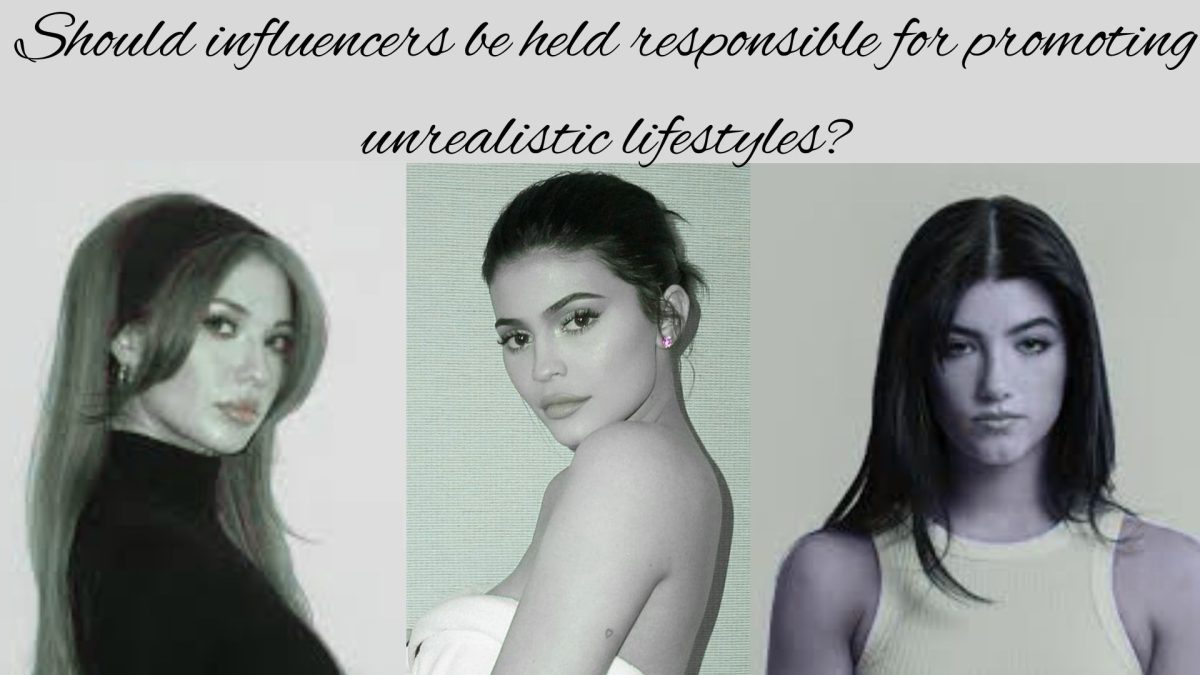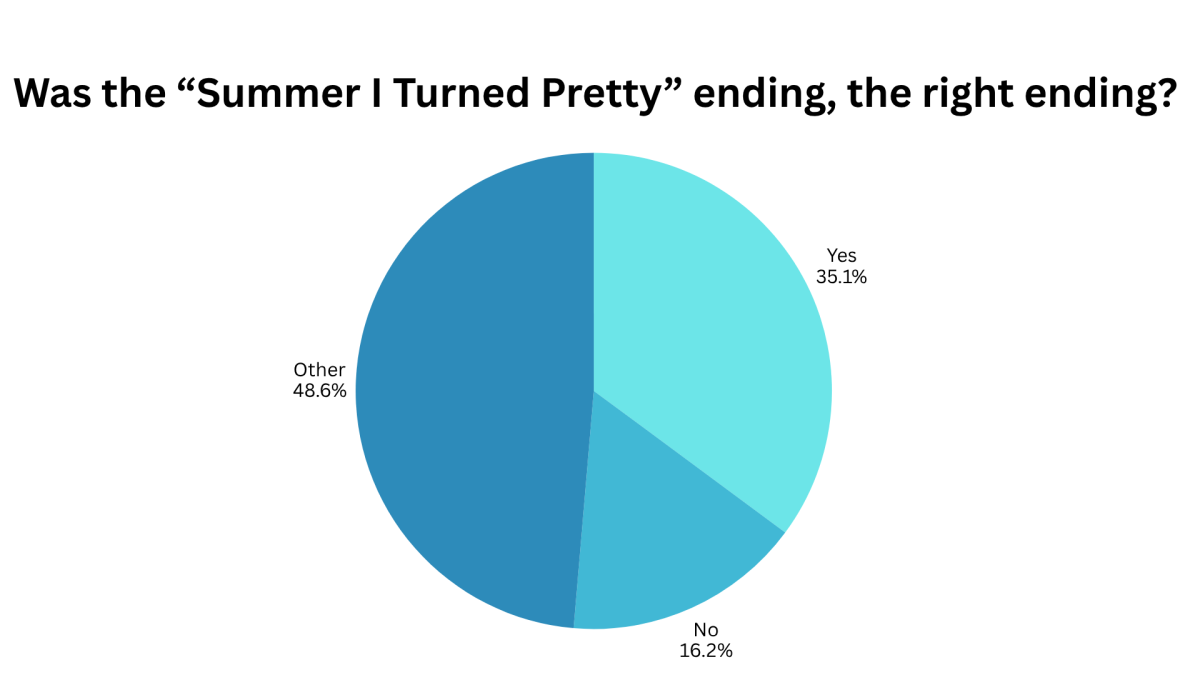In today’s digital world, social media influencers play a powerful role in shaping trends, opinions, and even people’s self-image.
Many use their platforms positively — to share knowledge, motivate others, or spread awareness — but some present a version of life that looks too perfect to be true. I believe influencers should be held responsible when they promote unrealistic lifestyles that can harm their followers’ mindset.
Millions of young people scroll through social media every day, seeing flawless photos, dream vacations, and luxury brands. What they often don’t see are the filters, edits, or sponsorships behind those posts. Constant exposure to such “perfect lives” can make people, especially teenagers, feel insecure or dissatisfied with their own reality. It creates unnecessary pressure to look, act, or live a certain way.
Another major issue is honesty. Many influencers promote products they don’t genuinely use, just to earn money from brands. This can mislead their followers and damage trust. If traditional media and advertisements are required to be truthful, social media promotions should follow the same rules. Of course, influencers face their own pressures — to stay relevant, gain followers, and keep up appearances.
But that doesn’t excuse spreading false impressions. Real influence should come from authenticity, not illusion. In the end, influencers should be more transparent about edited content and sponsorships. Social media platforms can also encourage honesty and responsible behavior. After all, people connect most deeply with real stories, not with picture-perfect lies.







